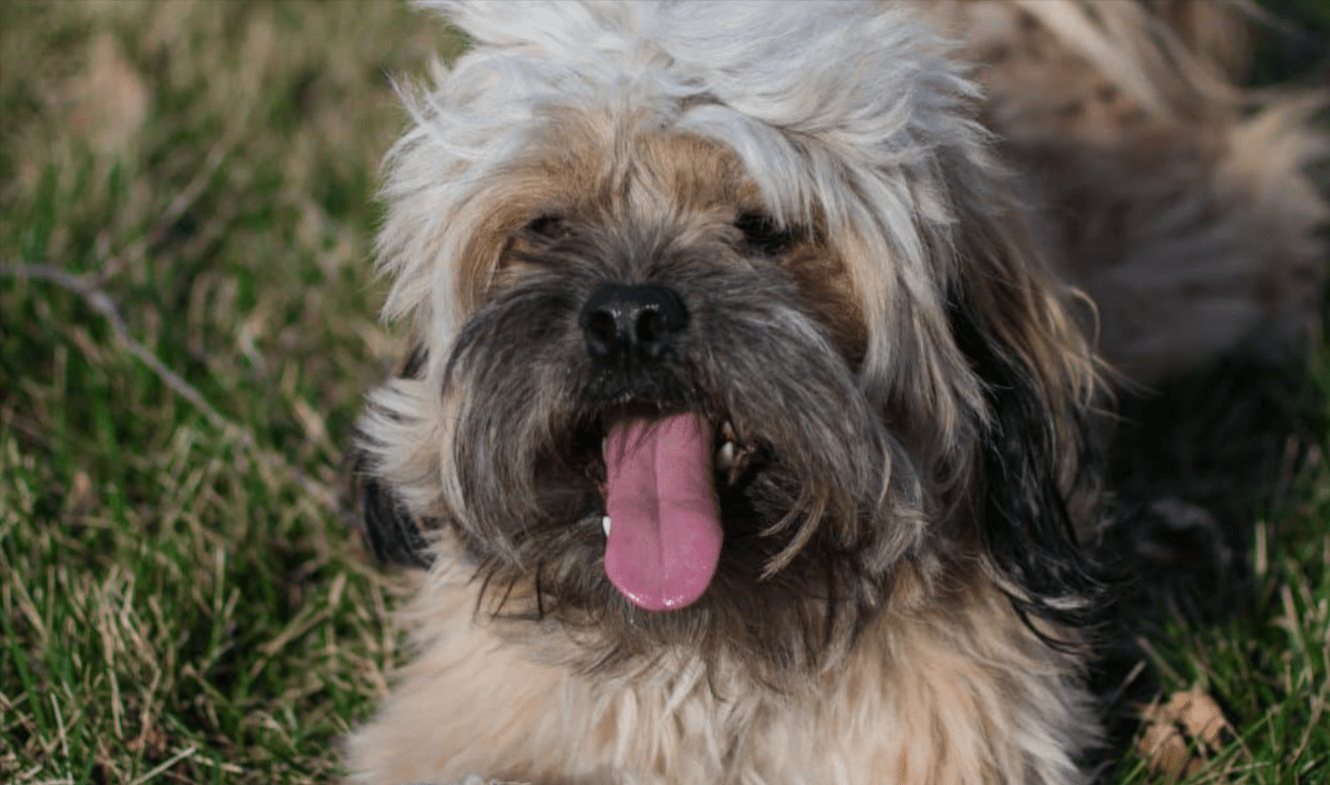The Peekapoo, a charming hybrid dog, has become increasingly popular as a companion animal in recent years. This mix, which blends the Pekingese with a toy or miniature poodle, isn’t considered a separate breed, and it’s sometimes called “peke-a-poo” or “pekapoo.” Created with allergy sufferers in mind, similar to breeds like the Cockapoo or Labradoodle, the Peekapoo combines the hypoallergenic coat of the poodle with the beautiful, flowing fur of the Pekingese. The result is a loyal, intelligent dog that thrives as a loving lap companion, offering affection and charm to any household.
The Peekapoo is not recognized as a purebred dog, and it doesn’t follow a strict set of breed standards. This means each Peekapoo can look and behave differently, depending on the characteristics it inherits from its Pekingese and poodle parents. Unlike some other hybrid breeds, Peekapoos aren’t usually bred from multiple generations. Instead, each litter is a first-generation cross, where the parents are a Pekingese and a poodle, rather than breeding two Peekapoos together.
How to Successfully Train Your Peekapoo Puppy
Peekapoo puppies are undeniably charming, but they can also be a bit clingy, often struggling with separation anxiety. They may show a bit of a bossy side, especially with very young kids or other dogs. Like many small breeds, they have a tendency to bark a lot, trying to make their mark and show their personality.
That said, they are fiercely loyal, which means they can be cautious or even standoffish around new faces at first. With the right positive reinforcement and early socialization, they grow into calm and well-behaved companions. Crate training can also be beneficial, offering them a cozy, secure space to relax and feel safe.
What You Need to Know About Peekapoo Temperament and Health
Peekapoos are surprisingly active for their small size and require daily exercise to stay happy. Thanks to their poodle heritage, they have a natural instinct to hunt and fetch, so they’re often eager to play. As puppies, they are especially full of energy, and regular playtime, training, and activity are essential for their development. While they are generally a healthy breed, it’s important to have them checked for conditions like hip dysplasia. In rare cases, Peekapoo puppies can develop Legg-Calve-Perthes disease, which causes limping but can typically be fixed with surgery.
Because of their Pekingese lineage, Peekapo are at risk for heat exhaustion, so it’s essential to ensure they stay cool on warm days with plenty of shade and water. They may also be susceptible to breathing difficulties, a common issue among flat-faced breeds.
However, the good news is that, like many small dogs, Peekapoos enjoy a relatively long lifespan.
Essential Guide to Grooming Your Peekapoo
Since the Peekapoo is a mix of a Pekingese and a poodle, their coat can vary based on which genes they inherit. Generally, they’re low-shedding and are considered hypoallergenic, making them a great choice for people with allergies. Regular grooming is necessary, and there are different styling options to choose from.
If you prefer to keep your Peekapoo’s coat long, expect to brush it daily to keep it tangle-free. However, if you opt for a shorter trim, brushing just a couple of times a week should be sufficient.
Since Peekapoos can be a bit anxious during grooming appointments, they may feel more at ease with an in-home grooming session. You can inquire with your local groomers about home visits, or if you’re in cities like Seattle or Austin, services like Rover can send a groomer directly to your home.
Consistent grooming, whether done at home or by a professional, is crucial to keep your Peekapoo looking and feeling their best.
What to Know Before Getting a Peekapoo Puppy
Deciding whether to adopt or purchase a Peekau puppy from a breeder is a personal decision that requires careful consideration. Fortunately, there are numerous resources available to guide you in finding a reputable breeder or rescue organization that offers healthy and ethically sourced Peekapoo puppies.
Being aware of what to expect when bringing a Peekapoo puppy into your home is a crucial part of being a responsible pet owner. Whether you choose to work with a reputable breeder or adopt, it’s essential to be ready for an energetic small dog breed that will become a lively addition to your family.
Considering pet insurance is a wise decision for Peekapoo owners. Due to their brachycephalic nature, Peekapoos can be prone to various health concerns such as tracheal collapse, progressive retinal atrophy, and patellar luxation (kneecap problems). Pet insurance can help ease the financial burden of unexpected veterinary expenses.
Adopting a Peekapoo Puppy: What to Expect
The American Kennel Club notes that many breed rescues receive most of their dogs through owner surrenders. The reasons for surrendering often include lifestyle changes or realizing that the breed isn’t a good fit. As a result, there are likely many dogs and puppies in need of a loving forever home.
The primary difference between a breeder and a rescue is that rescues generally don’t have puppies available on a regular basis. However, an advantage of adopting from a rescue is that they typically ensure the dogs are both microchipped and spayed/neutered before being adopted. This can save you time and effort, as you may adopt a dog that is already house-trained and has fewer medical needs.
Finding a Peekapoo in a rescue is easy with a quick online search. Additionally, social media groups focused on specific breeds can provide useful resources and details.
How to Find a Reputable Peekapoo Breeder
Start by doing your homework. Unfortunately, there are plenty of puppy mills pretending to be legitimate breeders, and many online scams targeting prospective pet owners. To avoid these, engage with online communities and forums where people share advice and experiences about finding a reliable breeder.
Always ask detailed questions and arrange to meet the puppy’s parents, particularly the mother. Trust your instincts—if something feels off or the puppy seems too good to be true, there’s probably a reason for concern.


